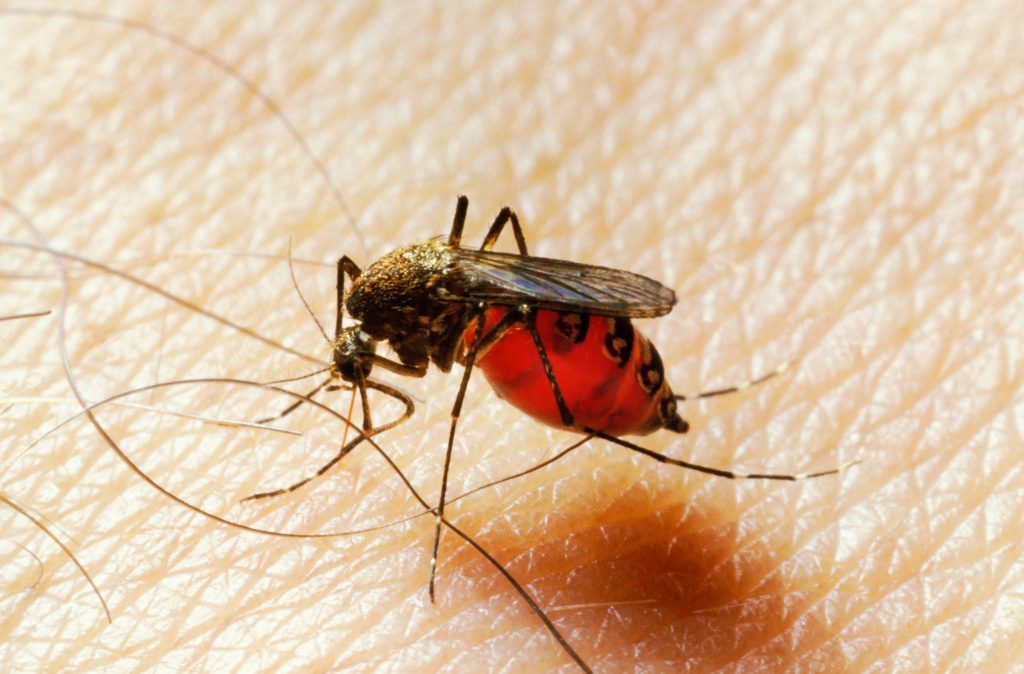- West Nile virus has sickened at least two people in New York City this summer.
- City health officials have detected a record number of infected mosquitoes spreading the virus.
- Most people infected with WNV don't get sick, but older folks have a higher risk of severe illness.
Two people in New York City have been hospitalized with West Nile virus, a disease that can cause life-threatening swelling in and around the brain.
The city health department announced the hospitalizations Tuesday, adding that a record number of New York City mosquitoes have tested positive for West Nile virus in recent weeks. Health officials did not elaborate on the patients' conditions, but stated that one case is located in Brooklyn and the other is in Queens.
West Nile virus, which has killed at least four people this year, is the most common mosquito-borne disease in the US, according to the Centers for Disease Control and Prevention. Many people are bitten by infected mosquitoes and never get sick, but in some cases, the virus can cause life-threatening swelling in and around the brain.
In New York City, West Nile virus activity is rising across all five boroughs, with a total of 1,068 positive mosquito pools (i.e. a bunch of mosquitoes tested as a group) compared to 779 positive pools at this time last year.
There might be a greater number of mosquitoes active in New York City this summer, too — an average of 77 mosquitoes were caught in each trap per day, compared to 75 mosquitos per trap per day during the same testing period in 2021.
Mosquito season in New York typically spans from July to October, with peak activity happening in August and September. As mosquitoes continue to pose a threat of disease, health officials recommend taking steps to avoid getting bitten.
Symptoms of West Nile virus include fever and altered mental state
People who are older than 60 and those with weakened immune systems should take extra care to avoid mosquito bites, as they have a higher risk of severe West Nile virus disease.
According to the CDC, about 1 in 150 people infected with West Nile virus go on to develop severe illness affecting the brain or spinal cord — for folks aged 60 and older, that rate is three times higher.
While older people have a greater risk of developing symptoms like muscle weakness, altered mental status, or even paralysis or death, anyone can experience West Nile virus disease. About one in five people infected report fever, muscle aches, and fatigue that can last for weeks or months.
Wear an EPA-registered insect repellent
Most New Yorkers who are diagnosed with West Nile virus disease report that they did not use insect repellent or take other precautions to prevent mosquito bites, according to state health officials.
"We are in the height of West Nile virus season, but there are things you can do to decrease your risk of being bitten," Health Commissioner Dr. Ashwin Vasan said in the news release.
New York City health officials recommend using an EPA-registered insect repellent and wearing long sleeves and pants to prevent mosquito bites, especially when spending time outside at dusk and dawn.
Additionally, empty out any standing water where mosquitoes can breed, or call 311 if you see standing water that you cannot empty, the city health commissioner said.

